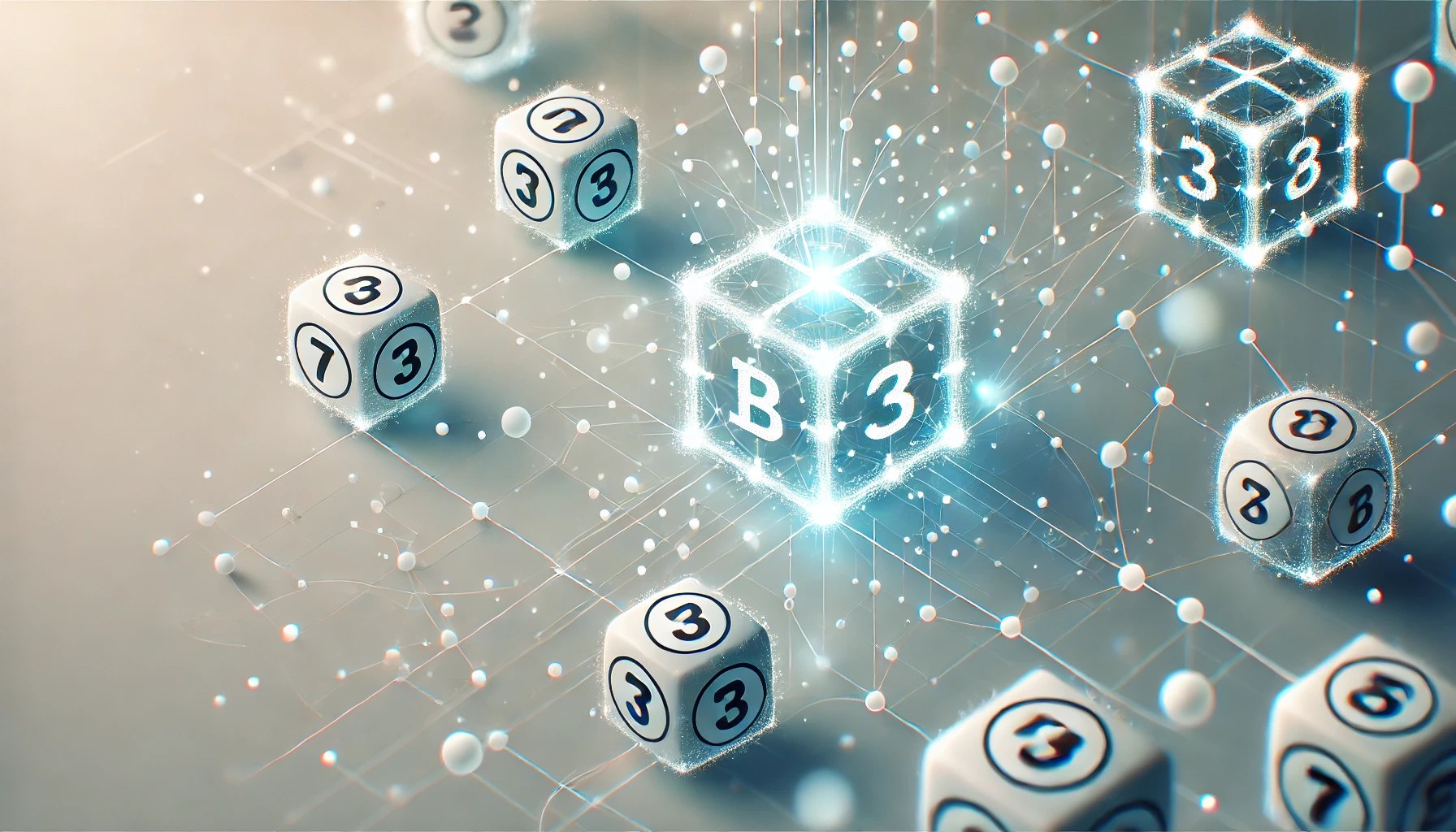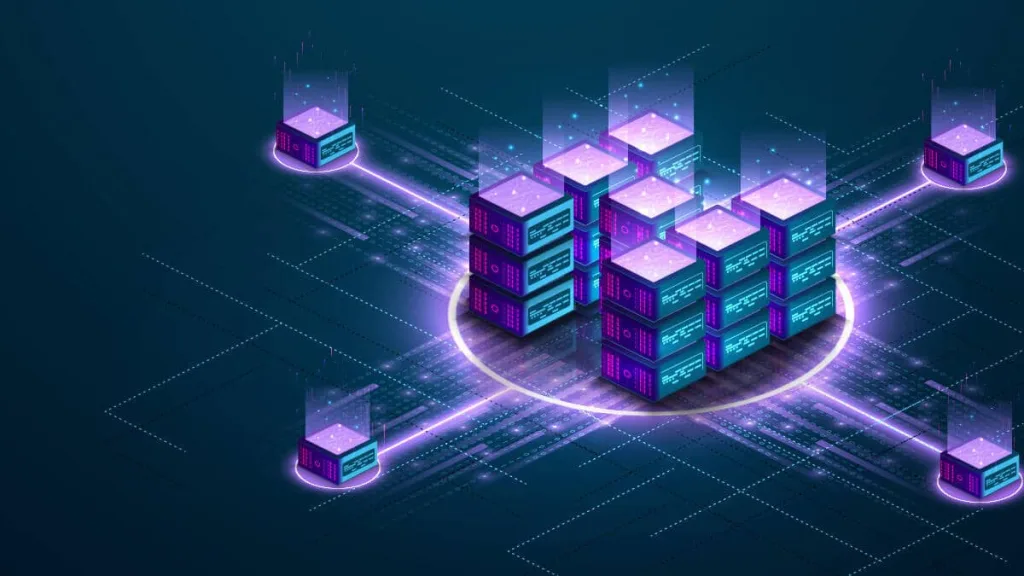
Blockchain and Lotteries: The Future of Decentralised Gambling
Lotteries have long been a popular form of gambling, offering players a chance to win large sums of money with a relatively small investment. However, the traditional model of lotteries comes with several limitations, including concerns about transparency, fairness, and centralised control. Blockchain technology, known for its ability to provide decentralised, transparent, and secure systems, is increasingly seen as a potential solution to these issues. In this article, we explore the possibilities and challenges of using blockchain to create decentralised lotteries.
Understanding Blockchain Technology in the Gambling Sector
Blockchain is a distributed ledger technology that records transactions across a network of computers, making it highly secure and transparent. By utilising cryptographic techniques, blockchain ensures that once data is recorded, it cannot be altered or deleted, which is ideal for applications requiring high integrity and security. In the gambling sector, blockchain has been increasingly explored as a means to solve long-standing issues around trust and transparency. It has already begun to transform online casinos by enabling players to verify game outcomes independently and ensuring that transactions are processed fairly.
In the context of lotteries, blockchain technology presents an opportunity to enhance fairness, transparency, and decentralisation in ways that were previously unimaginable. Each lottery ticket purchase, draw, and payout can be recorded on a public blockchain, viewable by all participants, ensuring that the process is transparent and tamper-proof. This is a significant improvement over traditional lotteries, where players must trust the central authority to conduct draws fairly and distribute prizes accurately.
Transparency and Fairness in Lottery Games
One of the main benefits of blockchain in lotteries is its ability to enhance transparency. Each transaction or ticket purchase can be recorded on a public ledger, visible to anyone, which removes the possibility of fraud or tampering by the organising entity. Blockchain transparency builds trust among players, allowing them to verify the fairness of the game independently, a feature unavailable in traditional lotteries.
Additionally, blockchain enables the creation of ‘smart contracts’ – self-executing contracts with the terms of the agreement directly written into code. Smart contracts add another layer of trust, as they can automatically execute functions based on predefined conditions. For instance, winnings can be distributed immediately to the rightful winners without any intermediary involvement. This is particularly useful for lotteries, as the entire process, from ticket sales to payouts, can be automated, ensuring both speed and security.
How Decentralisation Changes the Lottery Experience
Decentralisation is a cornerstone of blockchain technology and has far-reaching implications for lotteries. In a decentralised lottery, no single entity controls the entire operation. Instead, the lottery is managed by a network of nodes, which collectively verify transactions and uphold the integrity of the system. This setup drastically reduces the risk of fraud and manipulation, which are legitimate concerns in traditional lottery systems that rely on a central authority.
The decentralised approach to lotteries offers several advantages, one of the most prominent being cost efficiency. By eliminating the need for a central authority to manage the lottery, operational costs are reduced. These savings can lead to lower ticket prices for players or, alternatively, higher payouts, as the need for a ‘middleman’ is effectively removed. Moreover, decentralised systems are resistant to censorship and less vulnerable to system failures, as there is no single point of failure, providing an uninterrupted lottery experience for users.
Eliminating Intermediaries with Smart Contracts
Traditional lotteries often require a third party to handle ticket sales, draw results, and payout distribution, which can introduce delays and potential points of failure. With blockchain technology, these processes can be fully automated through smart contracts, removing the need for intermediaries. Smart contracts ensure that the lottery process runs smoothly without human intervention, which reduces costs and minimises the risk of human error.
For instance, once a winning ticket is drawn, the smart contract can automatically transfer the prize to the winner’s digital wallet, ensuring a seamless and secure transaction. This automated payout system not only increases the speed of payouts but also enhances the player’s trust in the fairness of the lottery. Furthermore, players are assured that no one can manipulate the outcome, as smart contracts operate according to pre-coded rules that are public and immutable.

Challenges and Limitations of Blockchain-Based Lotteries
While the concept of a decentralised lottery is promising, it is not without challenges. One of the most significant obstacles is regulatory compliance. Gambling regulations vary widely across different countries and regions, and implementing a blockchain-based lottery would require navigating a complex legal landscape. In many jurisdictions, gambling operations are subject to strict regulatory oversight, and decentralised models may struggle to meet these requirements without violating local laws.
Additionally, there are technical limitations to consider. Blockchain transactions, while secure and transparent, can sometimes be slow and costly, which may hinder the user experience, especially for high-frequency games where immediate results are expected. This challenge is particularly relevant for lotteries, which typically rely on high-speed ticket sales and rapid draws. The cost of blockchain transactions, often known as ‘gas fees,’ can also add to the expense of participating, potentially making blockchain-based lotteries less attractive to casual players.
Ensuring Compliance and Accessibility
For blockchain lotteries to gain mainstream acceptance, they must not only comply with local gambling laws but also offer an accessible and user-friendly experience. This may involve integrating options for fiat currency payments alongside cryptocurrencies, as not all players are comfortable using digital currencies. To make the experience more inclusive, some blockchain lotteries are exploring ways to allow users to participate without needing an in-depth understanding of blockchain technology.
Regulators and operators will need to work together to develop frameworks that allow for innovation while ensuring that blockchain lotteries remain accessible and legally compliant. With the right balance, decentralised lotteries could transform the gambling landscape, offering a fairer and more transparent alternative to traditional lotteries, where players have greater control and confidence in the process.
